Top Drone Startups in India Hiring Certified Pilots
Once limited to entertainment and videography, drones are proving to be game changers in agriculture, logistics, security, infrastruct
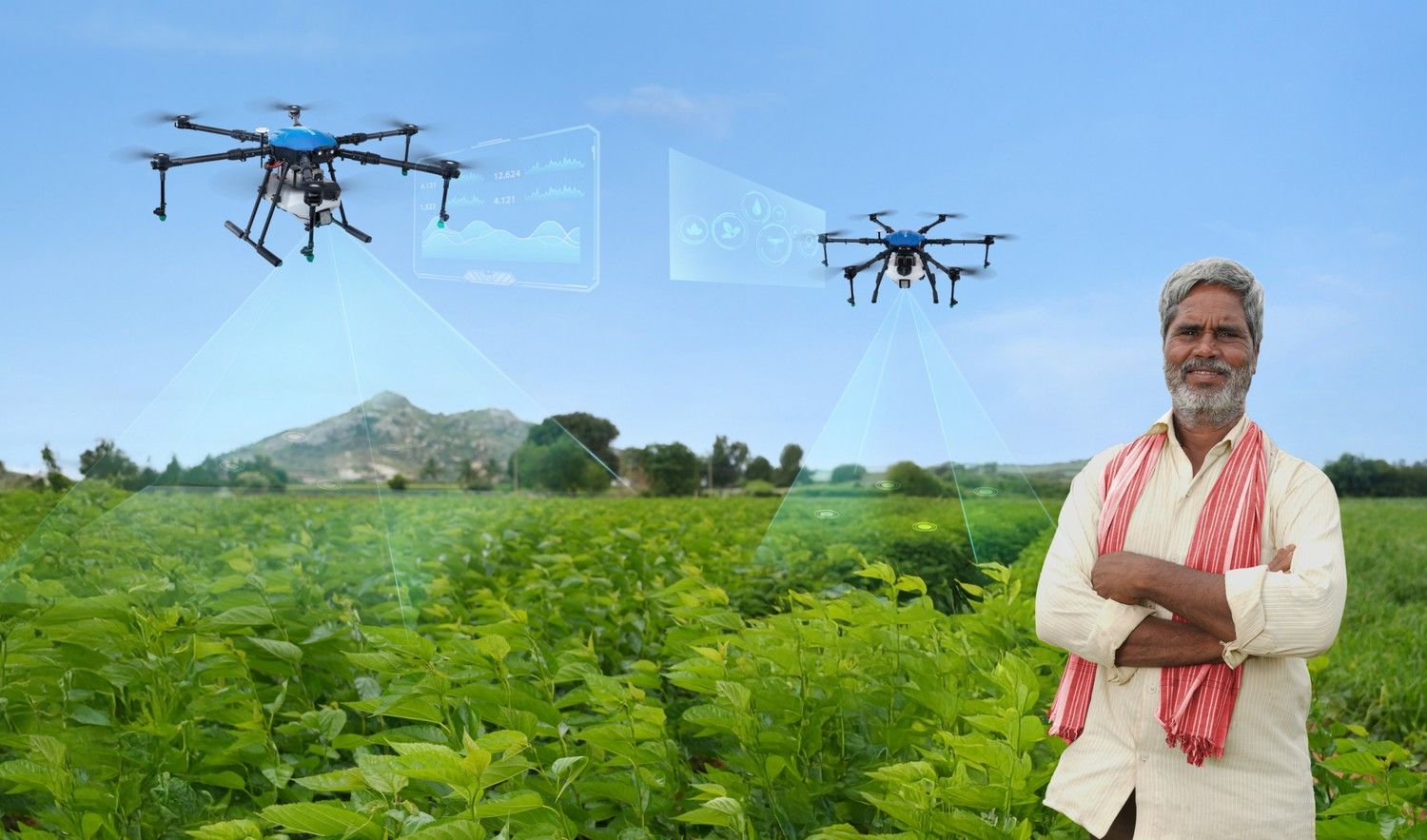
Drones are transforming not just Indian agriculture, but agriculture worldwide, offering precision in crop monitoring, pesticide spraying and soil analysis. Their adoption is beneficial for farmers, as it enhances productivity and decreases labour costs. With the growing use of drones, it's vital to understand the regulatory framework governing their operation. This blog examines the need for farmers to obtain a license for drone operations in India and outlines the key regulations they must comply with.
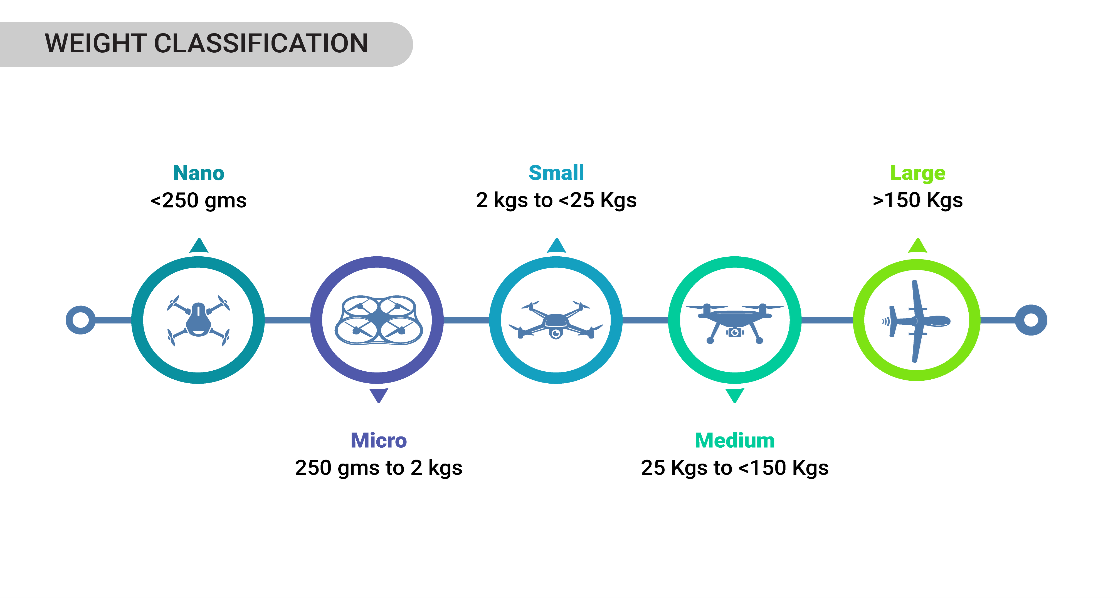
The DGCA classifies drones based on their weight:
The governing requirements differ depending on the category of drones and their intended use.
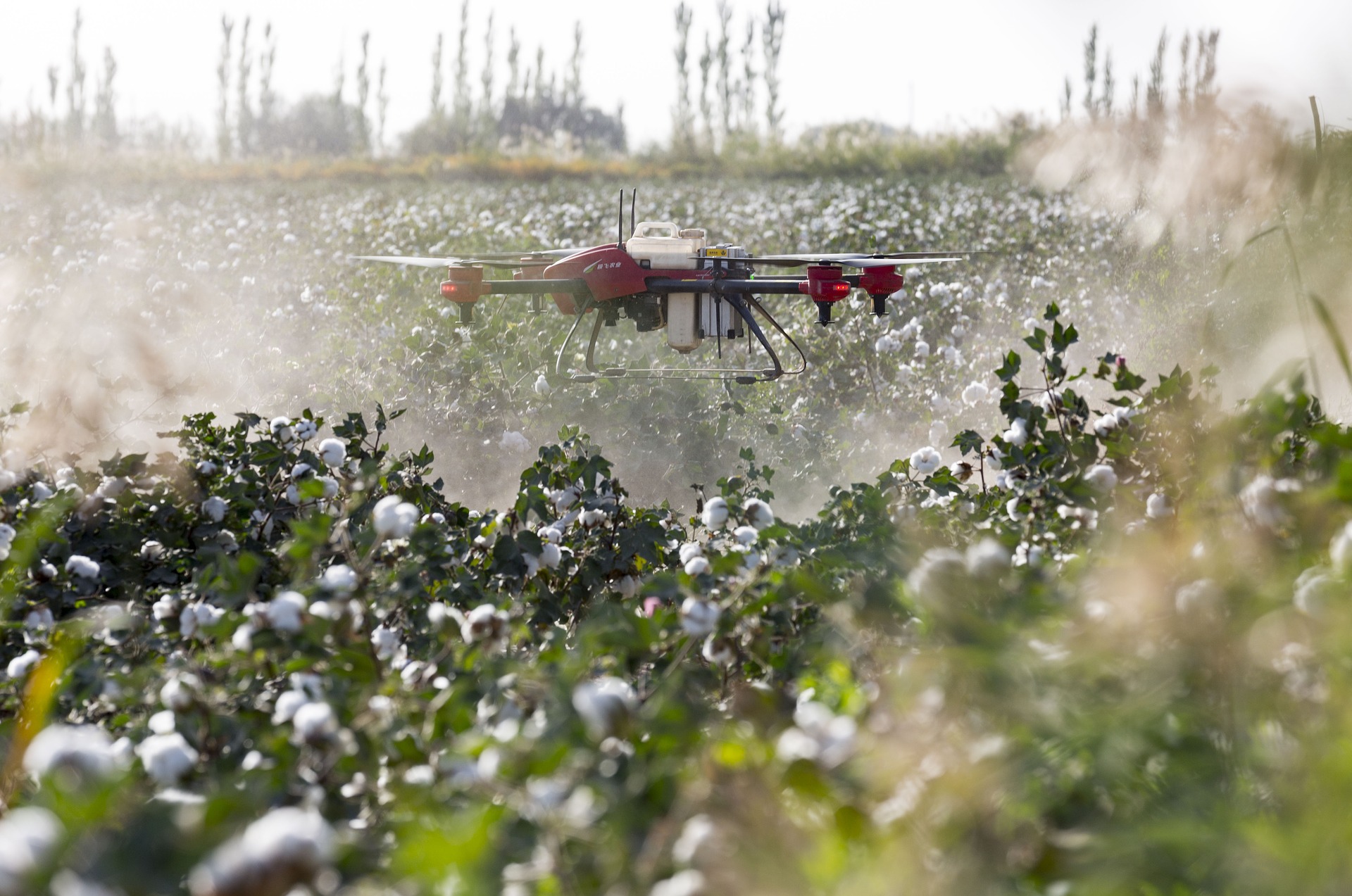
Nano and Micro Drones
Talking of non-commercial purposes, farmers can operate nano and micro drones without a Remote Pilot Certificate. They must ensure that these drones are flown at an altitude of less than 50 feet and kept away from airports and other restricted areas. It's significant to note that while a license might not be obligatory, adherence to guidelines is vital to guarantee safety and compliance.
Small, Medium, and Large Drones
For small, medium, or large applications, particularly when used commercially, such as crop spraying or data collection, farmers need an RPC from the DGCA. This includes completing drone pilot training from an RPTO. The RPC is vital for legal operation and to guarantee that safety standards are met.
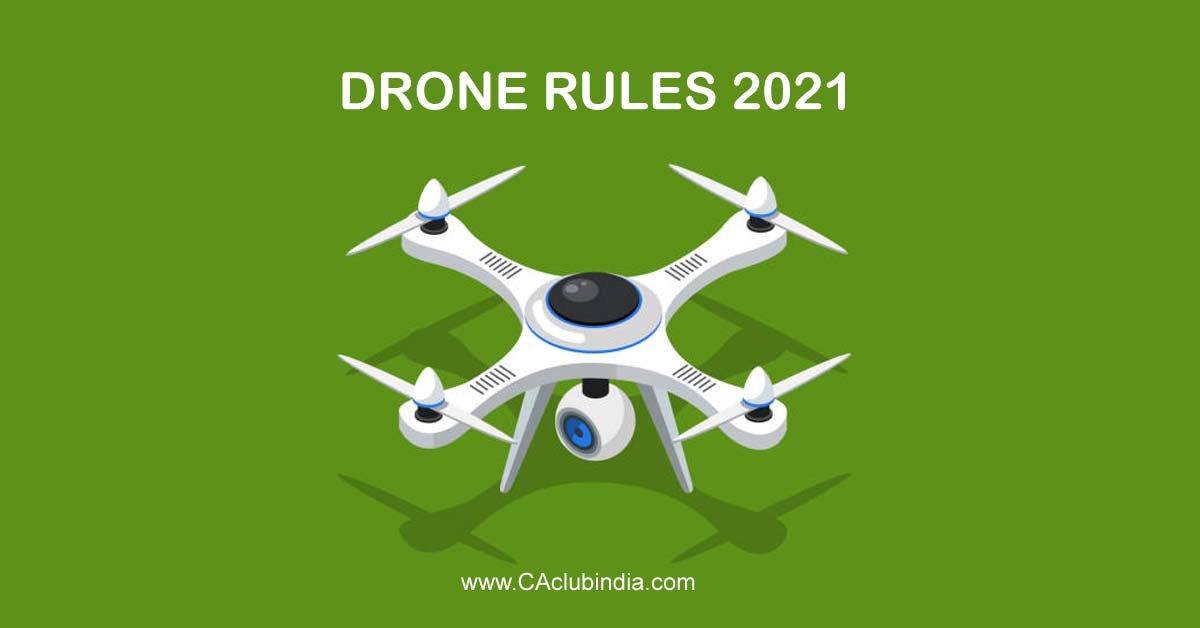
The Indian Government presented the Drone Rules 2021 to control drone operations. These rules endorse the safe and effective usage of drones in agriculture. Key provisions comprise:
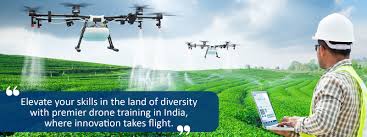
To operate drones under the law, farmers should complete training at a DGCA-approved RPTO. These institutions offer courses that cover various aspects of drone operation. Upon completing the training, farmers get an RPC. Its validity is for a decade and after that, there is a need for renewal of the same.
Several RPTOs offer training precisely designed for agricultural applications. For example, the Namo Drone Didi Scheme trains women drone operators, with a focus on farming applications. Under this scheme, drones are offered to 15,000 women's self-help groups, with training enabled through Krishi Vigyan Kendras.
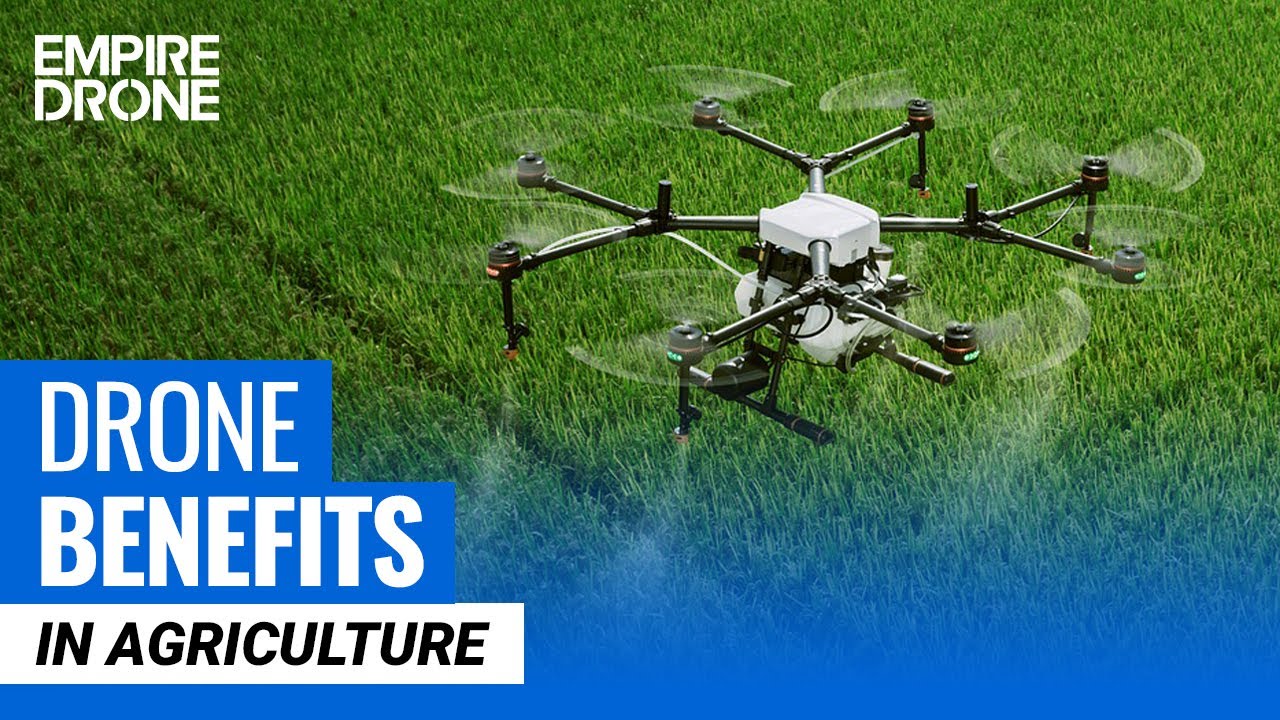
Drone integration in agriculture offers a lot of advantages:

With several big advantages associated with the use of drones in agriculture, there are some challenges as well, which need to be addressed to ensure that more and more farmers start using drones in agriculture:
Farmers don’t need a license to operate nano and micro drones for non-commercial purposes. However, a license is mandatory for operating small, medium, and large drones.
Following the Drone Rules 2021 guarantees safe and effective use of drones in agriculture. With continued government support, farmers are well-positioned to use drones in agriculture.
If you also want to learn drone piloting for agriculture or any other industry, consider enrolling in Flapone Aviation, one of the best drone and aviation training institutes in India. Here, you will learn about the various aspects of drone piloting in detail and also gain some practical experience on simulators as well as real drones.
Whether you're a beginner or looking to upskill, our training advisors can help you choose the right course.